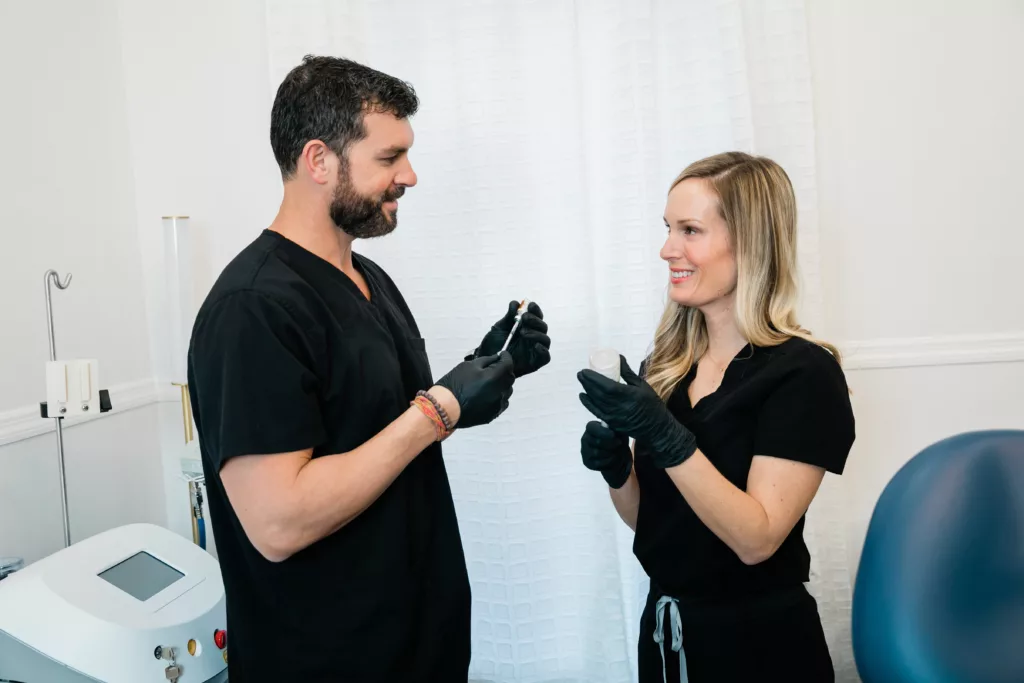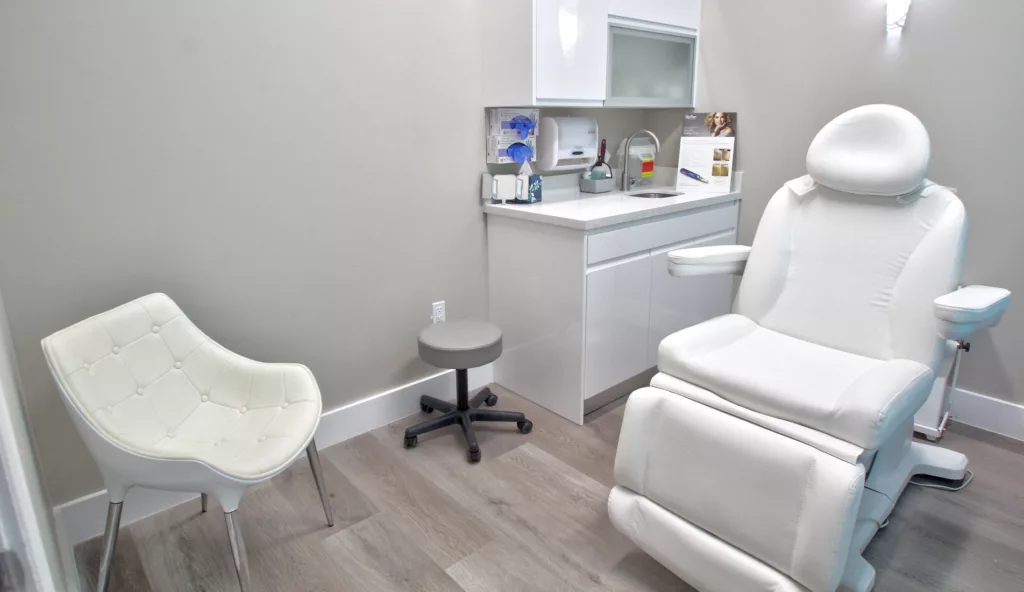When health challenges arise, practice owners often face the difficult decision to sell while simultaneously managing their well-being and business responsibilities. While the instinct might be to handle everything yourself to save time and money, this is precisely when professional guidance becomes most valuable.
Time is Currency in Health-Related Sales
Health challenges create a unique timing pressure that directly impacts practice value. Two critical factors come into play:
- Financial Momentum: Your practice's financial trends significantly influence its market value. The sooner you begin the sale process after deciding to sell, the better chance you have of preserving the positive financial momentum you've built while operating at full capacity.
- Operational Stability: Practice value often correlates with the owner's active involvement. A gradual decline in participation due to health issues can impact both daily operations and, consequently, practice valuation.
How Professional Guidance Makes a Difference
A healthcare M&A advisor does more than just find buyers – they serve as your advocate throughout the entire process, handling the complex details so you can focus on your health and practice. Here's what makes the difference:
- Speed to Market: We evaluate and prepare practices for the market in as little as four weeks, compared to industry averages of 2-3 months
- Efficient Process: Our typical time from listing to closing is 4-8 months – often half the time of traditional brokers
- Strategic Screening: We pre-qualify all potential buyers and verify their financing capabilities to avoid wasted time and energy
- Market Knowledge: Our team understands how to position your practice to highlight its strengths and future potential, not just current performance
- Professional Buffer: We handle all buyer communications, negotiations, and due diligence requests, protecting your time and energy
Moving Forward with Confidence
Health-related transitions require a unique blend of efficiency and sensitivity. At Practice Transitions Group, we've refined our process to be particularly effective in time-sensitive situations, managing all aspects of the sale while you focus on what matters most – your health and patient care.
Our experience shows that working with a professional advisor not only helps preserve practice value but also significantly reduces the stress and uncertainty of the sale process. We understand that everyday matters in these situations, and our team is equipped to move quickly while ensuring your interests are protected throughout the transition.
The best time to start exploring your options is now – before health challenges begin to impact your practice's performance. Our team is here to help you understand your options and create a transition plan that works for your specific situation



